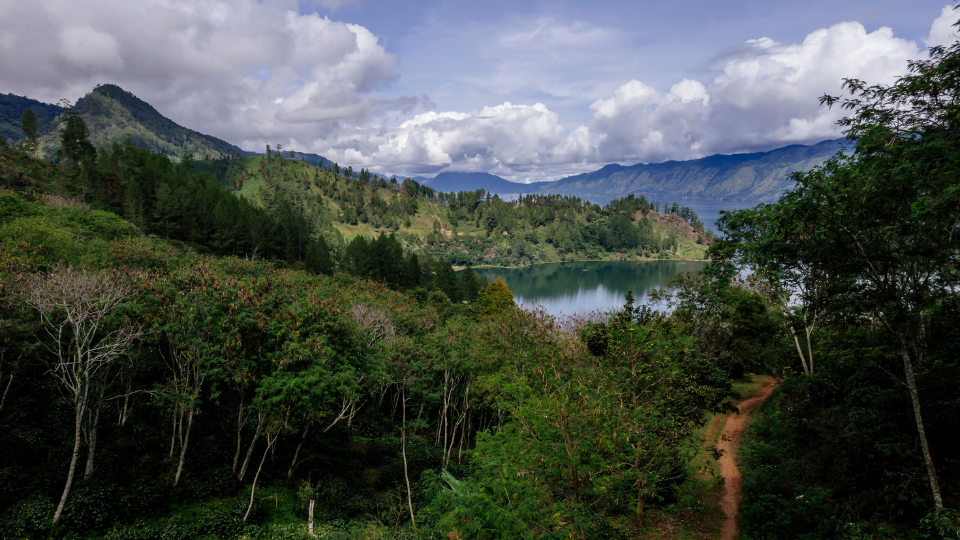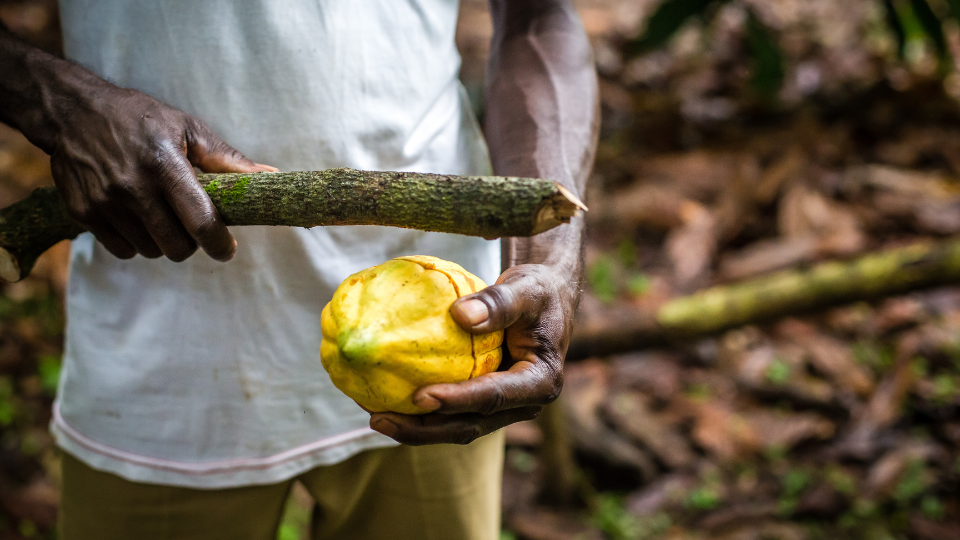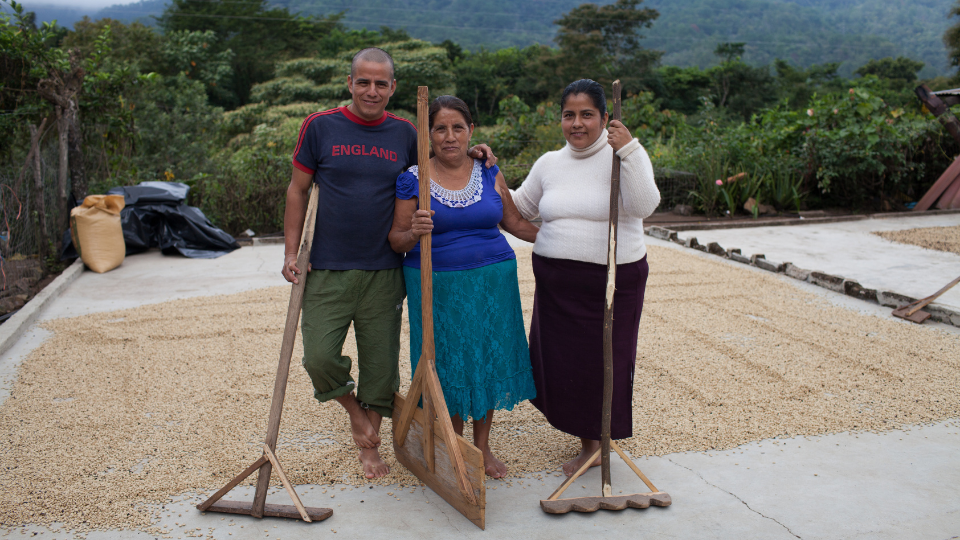At Fair Trade USA, we believe that every cup of coffee and bar of chocolate can drive meaningful change. Fair Trade supports regenerative agriculture, strengthens climate resilience, and secures farmers’ economic futures. This year, we’re partnering with Acorn to incorporate fair access to the carbon economy for smallholder cocoa and coffee farmers in Africa, Asia, and Latin America into that promise. The carbon economy is growing—but too often farmers who are on the frontlines of climate change, and who are making carbon credits possible, are left out, unable to collect returns and invest proceeds back into their businesses and communities.
The Carbon Economy
As climate challenges increase around the globe, carbon credits have emerged as a powerful tool to reduce greenhouse gas emissions and hold companies and individuals responsible for their environmental impact. Credits are tradable permits that offset carbon footprints by investing in projects like reforestation, renewable energy, and methane capture. Despite leading significant conservation work around the globe, farmers have had difficulty breaking into the carbon economy and seeing the financial returns from their efforts.
Acorn’s unique Carbon Removal Units (CRUs) focus on agroforestry, so farmers are planting trees to support soil quality and crop yield. Unlike other carbon credits in the market that seek to prevent or reduce emissions, Acorn’s model is focused entirely on carbon removal. Their CRUs are measurable, traceable, scalable, and nature-based. Certified by Plan Vivo, their model includes two distinct kinds of carbon removal – Offsetting, which allows companies to offset emissions elsewhere, and Insetting, which allows traders and roasters to purchase CRUs generated by farmers in their own value chain.

Pictured: an aerial view from a Fair Trade Certified coffee farm in Indonesia
Farmer-Led Solutions for Climate Resilience and Economic Empowerment
Acorn’s farmer-first model guarantees that 80% of carbon credit proceeds go directly to farmers, while also ensuring that farmers retain full ownership of their data. By linking agroforestry expansion with equitable carbon credit systems, we are ensuring that cocoa and coffee farming not only keeps forests standing, but actively regenerates landscapes, improves soil health, and creates opportunities for diversified income.
Cocoa and coffee farmers are stewards of some of the world’s most fragile ecosystems, yet they face increasing climate threats. Participating in the carbon economy allows farmers to benefit from their conservation work while creating incentives to expand and innovate more climate solutions. Through Fair Trade Community Development Funds, farmers can invest in more projects that restore degraded land, improve soil carbon storage, and expand agroforestry practices—all of which can generate high-quality, verified carbon credits that smallholder farmers can sell in the global carbon economy.
Acorn makes climate finance accessible to farmers through satellite monitoring, remote sensing technology, and on-site groundtruthing to track carbon sequestration. Our partnership is a step toward climate justice, ensuring that farmers—who bear some of the greatest burdens from climate change—have fair access to economic opportunities in the carbon economy.

Pictured: a worker from a Fair Trade Certified cocoa farm in the Ivory Coast holding a cocoa pod
A Future Where Climate and Trade Work for Farmers
Fair Trade USA’s mission extends beyond certification—it’s about creating an economy where trade, climate action, nature, and farmer empowerment go hand in hand. Through our partnership with Acorn, we are advancing a future where cocoa and coffee farming is fair, sustainable, and resilient.

Pictured: three organic coffee producers that are part of a Fair Trade Certified association in Chiapas, Mexico